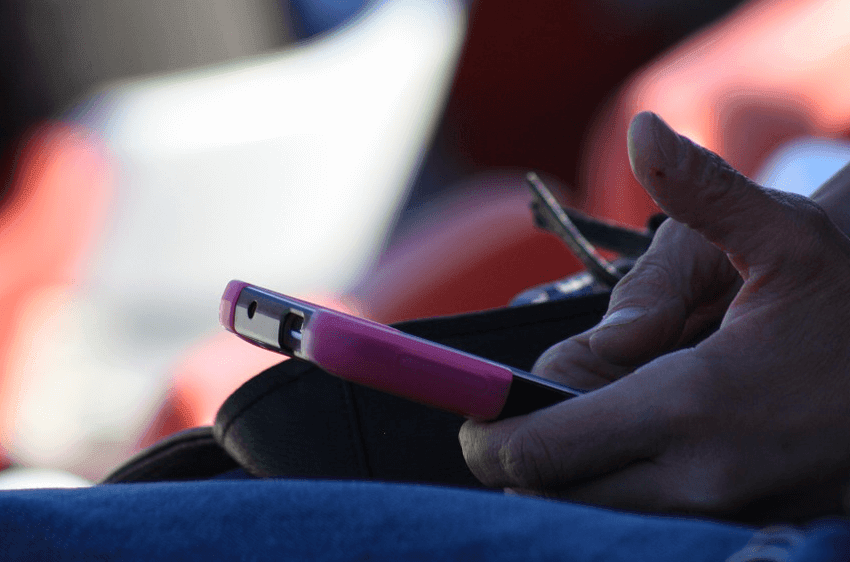The global smartphone shipment has reached 375 million units in the third quarter of 2016, according to the research firm Strategy Analytics. Android operating system grabs 88% of the global market share. Within the 375 million units, 328.6 million units are Android smartphones. 45.5 million devices are running Apple iOS. Other devices count around 1.3 million units.

“Global smartphone shipments grew 6% annually from 354.2 million units in Q3 2015 to 375.4 million in Q3 2016. This was the smartphone industry’s fastest growth rate for a year. Modest smartphone regrowth is being supported by emerging markets with relatively low smartphone penetration across Asia and Africa Middle East, particularly countries such as India and South Africa,” commented Linda Sui, Director at Strategy Analytics.
Apple OS’s share has dropped 12% in its market share. This is mainly due to its low performance in China and Africa.
“BlackBerry and Microsoft Windows Phone have all but disappeared due to strategic shifts, while Tizen and other emerging platforms softened as a result of limited product portfolios and modest developer support,” said Neil Mawston, Executive Director at Strategy Analytics.
Also Read: Apple iOS 10 now runs on 54% of active iOS devices
In Q3 2015, the global Android smartphone shipment was 298 million units. The number of Apple smartphones shipped was 48 million units. Others together constituted 8.2 millions of units. In the case of operating systems, 84.1% was the market share of Android OS. 13.6% was the market share for Apple iOS. Other operating systems captured 2.3% share in the market.
Woody Oh, Director at Strategy Analytics, added, “Android’s leadership of the global smartphone market looks unassailable at the moment. Its low-cost services and user-friendly software remain attractive to hardware makers, operators, and consumers worldwide. However, several challenges remain for Google. The Android platform is getting overcrowded with hundreds of manufacturers, few Android device vendors make profits, and Google’s new Pixel range is attacking its own hardware partners that made Android popular in the first place.”
















